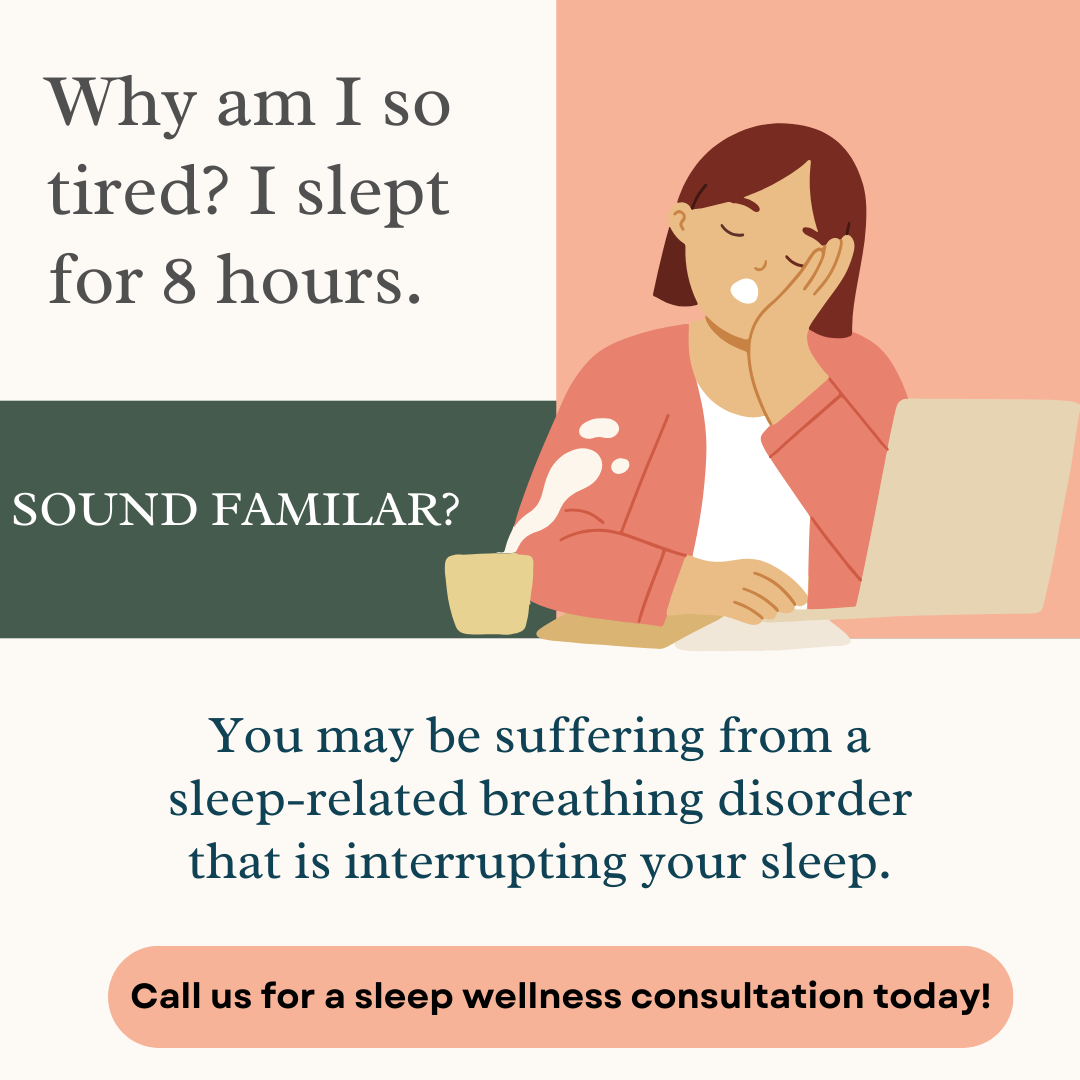If you’ve ever found yourself feeling exhausted despite getting a full 8 hours of sleep, you’re not alone. It’s a common issue and can be frustrating when you’re doing everything right but still waking up feeling drained. One possible explanation for this could be a sleep-related breathing disorder, which may be disrupting your sleep and preventing you from feeling truly rested.
Understanding Sleep-Related Breathing Disorders
Sleep-related breathing disorders, such as sleep apnea, can significantly impact the quality of your sleep. Even if you manage to clock in the recommended amount of sleep each night, these conditions can cause frequent interruptions, leaving you feeling tired and unrefreshed in the morning.
What is Sleep Apnea?
Sleep apnea is a condition where your breathing is repeatedly interrupted during sleep. These interruptions can last for a few seconds to minutes and may occur many times throughout the night. As a result, your body may briefly awaken to resume normal breathing, which disrupts your sleep cycle and prevents you from reaching the deeper, restorative stages of sleep.
Signs of Sleep-Related Breathing Disorders
- Excessive Daytime Sleepiness: Feeling drowsy or struggling to stay awake during the day, even after a full night’s sleep.
- Loud Snoring: This can be a sign of obstructive sleep apnea, especially if accompanied by choking or gasping sounds.
- Morning Headaches: Waking up with headaches can be another indicator of sleep-disordered breathing.
- Difficulty Concentrating: Trouble focusing or remembering things can be a result of poor-quality sleep.
Why a Sleep Wellness Consultation is Important
If you suspect that a sleep-related breathing disorder might be affecting your sleep quality, it’s crucial to seek professional help. A sleep wellness consultation can provide you with valuable insights into your sleep patterns and help determine if a disorder is present. Here’s what you can expect from a consultation:
- Personalized Evaluation: A thorough assessment of your sleep habits, symptoms, and medical history.
- Diagnostic Testing: If needed, diagnostic tests such as a sleep study may be recommended to accurately identify any underlying issues.
- Treatment Options: Based on the results, a treatment plan will be developed to address any identified sleep disorders and improve your overall sleep quality.
Take the First Step Towards Better Sleep
Don’t let tiredness dictate your daily life. If you’re struggling with unexplained fatigue despite adequate sleep, it’s time to explore the possibility of a sleep-related breathing disorder. Contact us today to schedule your sleep wellness consultation and take the first step towards feeling more rested and rejuvenated.
Call us now to discover how we can help you achieve better sleep and improve your quality of life!


